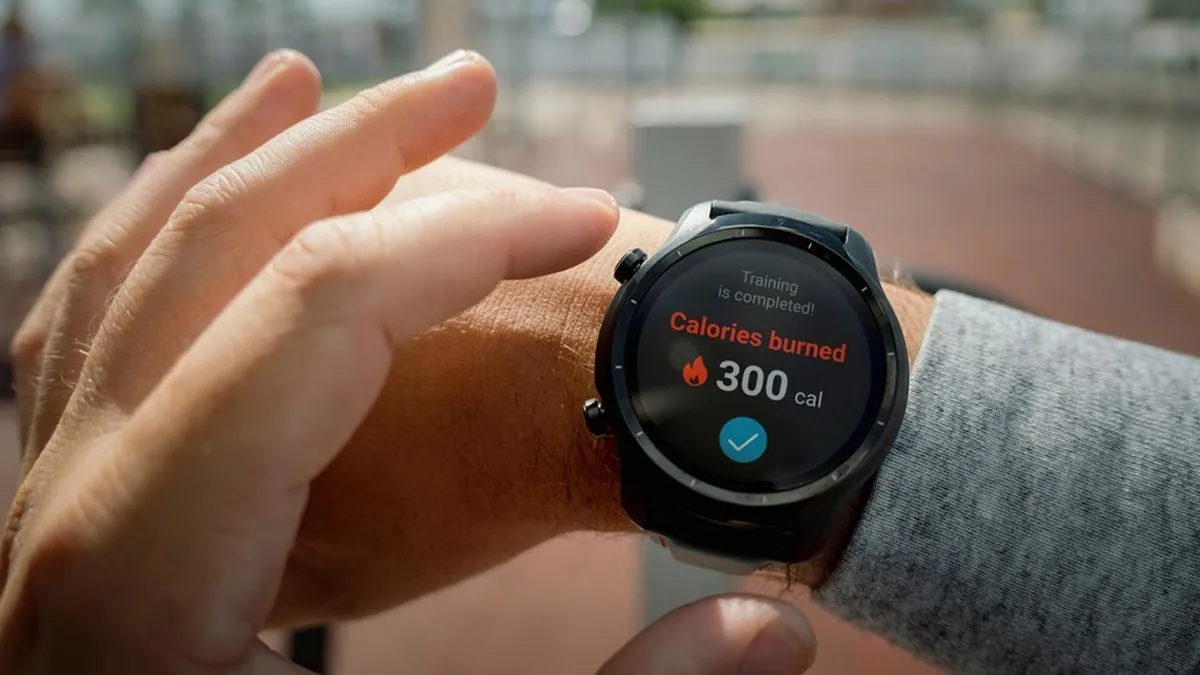
While burning calories is on everyone's mind, the first thing we all think of is sweating out a session at the gym, jogging laps around the block, or completing countless burpees. But here's the thing: your body is still working hard to burn calories, even when you're sleeping and there are ways to increase that burn during your slumber! The quantity may not compare to a spinning class, but by making some adjustments to your day-to-day, you can optimise your midnight calorie burn.
Table of Content:-
Ways to Burn More Calories During Sleep
Here's how to turn your body into a calorie-burning nighttime machine, without putting in any extra effort past sundown.
1. Build More Muscle

Muscle is metabolically active, meaning it burns more calories even at rest, including when asleep. The more lean muscle tissue you have, the greater your Basal Metabolic Rate (BMR), or the calorie amount your body uses at rest to support essential processes.
What to do: Add resistance training, such as weight lifting, pilates, or bodyweight exercises, at least 2-3 times per week. Eventually, those added muscles will burn more calories 24/7, even while you're sleeping.
2. Don’t Skip Protein at Dinner
Eating protein at dinner has a twofold benefit: it repairs and rebuilds muscle (particularly after exercise) and requires more energy to digest than fat or carbohydrates—the thermic effect of food. So your body has to work slightly harder (burn more calories) digesting that grilled chicken or paneer.
What to do: Place a palm-sized amount of lean protein, such as tofu, lentils, eggs, Greek yoghurt, or chicken on your dinner plate.
Also Read: Does Standing Burn More Calories? Expert Helps You Decode It
3. Keep Your Room Cool
Sleeping in a cooler room may boost the number of calories you burn during sleeping. Your body uses brown fat to regulate temperature when it has to work harder to generate heat.
What to do: Lower your bedroom temperature to 18-20°C (65-68°F) or change to light bedding and air-permeable fabrics.
4. Get Enough Sleep

Sleep deprivation can slow your metabolism, disrupt your hunger hormones (ghrelin and leptin), and boost cravings the following day. Quality sleep maintains your body's calorie-burning machinery at peak performance.
What to do: Aim for 7–9 hours of sleep a night. Develop a bedtime routine; turn off the lights, put away the screens, and maybe even sip some herbal tea before bed.
Also Read: Obsessed With Counting Calories? Here’s Why It Could Be Harmful
5. Try a Short Workout Before Bed
A brief strength workout, such as squats, push-ups, or planks, about an hour before bedtime can slightly boost your metabolism. You'll keep burning calories as your body recovers from work, even when you're in bed.
What to do: Keep it light and brief. Aim for 10–15 minutes of low-impact strength exercises that won't keep you too hyped up to sleep.
6. Drink Green Tea or Herbal Metabolism Boosters

Green tea and some herbal blends contain compounds like catechins and caffeine (in small doses) that can boost your metabolism slightly. If taken in moderation and not too close to bedtime, they might give your overnight burn a gentle nudge.
What to do: Enjoy a warm cup of decaffeinated green tea or herbal teas like chamomile with cinnamon post-dinner. Just steer clear of high-caffeine options that may disrupt your sleep.
7. Avoid Late-Night Snacking
Late-night snacking, especially sugar or carb-loaded snacking can raise insulin, hamper fat burning, and disrupt your body's natural nighttime processes. Snacking too close to bed can also disrupt the quality of your sleep, which influences how effectively you burn calories.
What to do: Try to finish dinner at least 2–3 hours before sleeping. If you're hungry later, go for a light, protein-rich snack like a small portion of Greek yoghurt or a boiled egg.
[Disclaimer: This article contains information for informational purposes only. Hence, we advise you to consult your professional if you are dealing with any health issue to avoid complications.]
Also watch this video
How we keep this article up to date:
We work with experts and keep a close eye on the latest in health and wellness. Whenever there is a new research or helpful information, we update our articles with accurate and useful advice.
Current Version